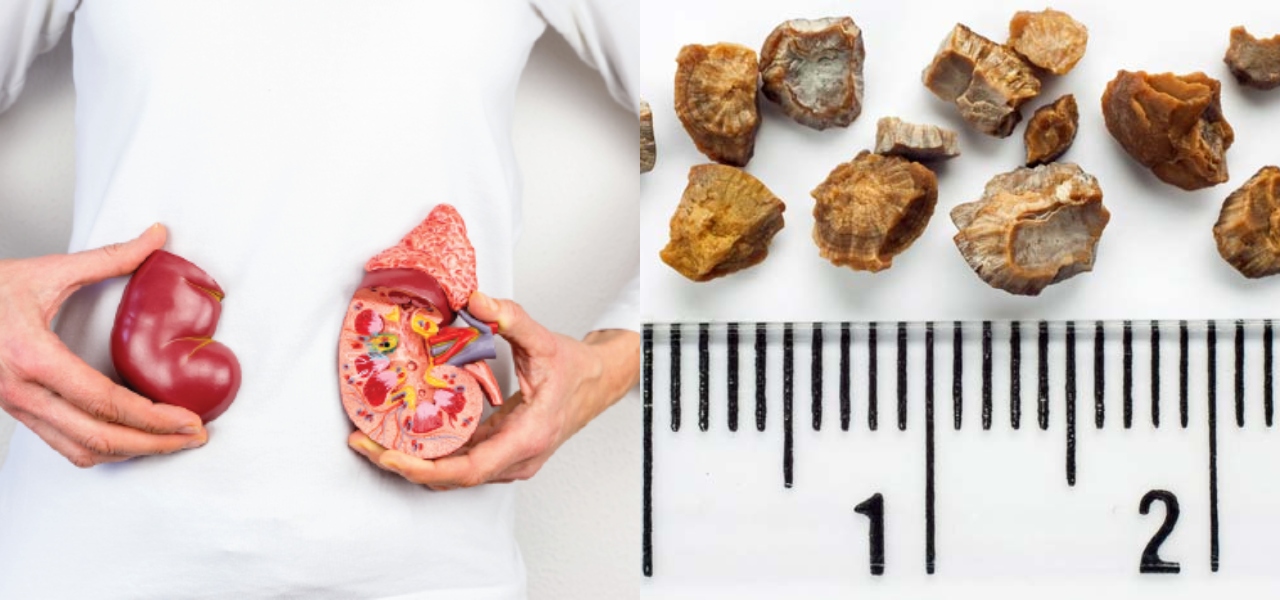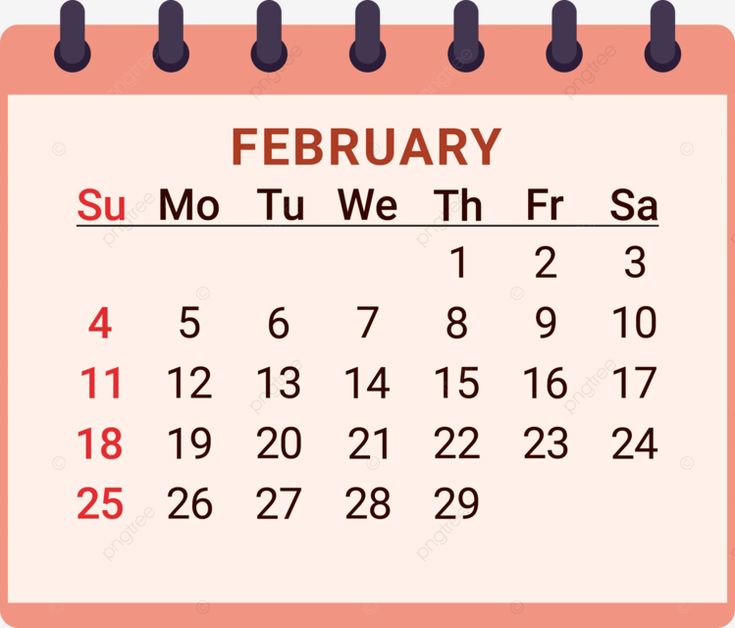Um, first of all, why are we talking about kidney stones? Because not only is it a common problem on regular days for a good number of people, but it’s a huge nuisance for healthy people too in summers! Here’s a guide on how to beat the kidney stones this summer!
What are kidney stones?
Kidney stones range from small sand like concretions to large stones occupying most of the kidney. This may lead to loss of normal kidney tissue and normal kidney function. Wait! What does that mean?
It means these stones have the potential of causing kidney failure! But even in the least severe of cases, these stones may block your urinary tract.
Blocking of the urinary tract causes hindrance in the flow of urine. This all means, your urine will stay longer in the track.
What does that mean? A party for the urinary bacteria! They will thrive in that environment and cause infections. These infections of the urinary tract again act as a source of precipitation of certain substances in the track thereby leading to stones.
What causes frequent renal stones?
Well, a lot of factors come into play here. First and foremost important of which is dehydration or decreased water intake.
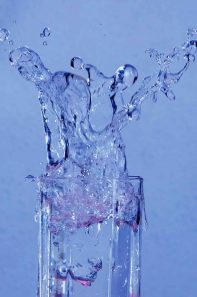
Second is the kind of diet one takes. An excess or deficiency of substances can lead to precipitation of stones.
The third is the lifestyle one has. An excess of exercise and fitness obsession with high protein diets because increased uric acid stones. Similarly, an exercise fanatic may cause severe dehydration leading to stone precipitation.
What are the first signs of kidney stones?
First signs of renal stones can vary from person to person and may present as any of the following:
- Pain in the back, usually towards the side affected
- Pain along the groin region along with pain in the back
- Nausea and sometimes even vomiting
- Burning while urinating or having pain/ discomfort while urinating (because of the superimposed infection)
- Fever, chills, and rigors
- Increased urge to pass urine
- Waking up at night frequently to pass urine
- A feeling of not completely emptying the bladder
- Blood in urine or reddish hue of urine or seeing cloudy urine
- Smelly urine, or an unpleasant odor of the urine
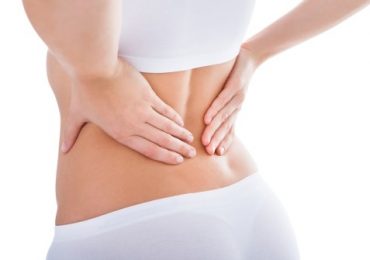
What is the kidney stone pain like?
It is a colicky (means it comes and goes, contractile) pain that radiates from the back sometimes down to the groin area. This is usually associated with severe nausea and vomiting. It is described as high in intensity and shooting or stabbing sort of a pain.
Now the main question: What should I eat to avoid kidney stones?
1. Hydrate, hydrate, hydrate!
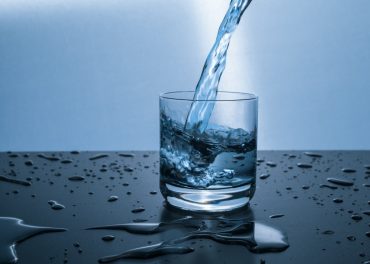
Take large amounts of fluids, in the form of water which has many benefits for your body’s health.
You need to take in at least three liters of water per day. This helps to flush out any bacteria as well as an excess of minerals causing deposition of stones.
Dehydration will cause a supersaturation of the contents of urine. Thus as any substance will when supersaturated, the Ca-oxalate crystalizes out in the urine and leads to the formation of kidney stones.
2.Vitamin C:
Avoid excessive vitamin C, as most stones are calcium oxalate stones and Vitamin C causes an increased risk for formation of these stones.
Vitamin C is also known as ascorbic acid. It is converted into oxalates in the body which when taken in excess will precipitate and cause the formation of kidney stones.
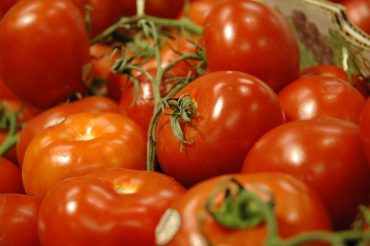
Foods rich in Vitamin C include tomatoes, spinach, beetroots, oranges, lemons. Thus avoiding these foods in excess will prevent kidney stone formation.
3.High protein intake:
Decrease the high protein diet.
High amounts of protein lead to an increase in uric acid levels and may cause an increased formation of uric acid stones.
Not only this, but they also cause an increase in the urinary calcium which causes an increased risk of calcium oxalate-rich kidney stones.
4.Oxalate-rich foods:
Avoid eating, foods rich in oxalates as these will cause precipitation of calcium oxalate kidney stones.
These foods include spinach, potatoes, beetroots, soy milk, bran, soda, coffee, tea, chocolates, and berries.
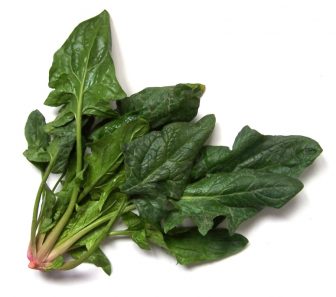
Boiling vegetables can also reduce oxalate content of foods.
5.High Sodium:
Avoid high sodium intake.
A high sodium diet will cause more calcium to be absorbed from the urine causing calcium to bind with the oxalate. This will thus lead to an increased risk of formation of kidney stones.
Thus to prevent kidney stones, a decrease in sodium is required. Foods rich in sodium include:
- crackers
- canned vegetables
- canned soups
- meat and
- condiments
How can I prevent kidney stones naturally?
1. Again first and foremost hydration is the key!
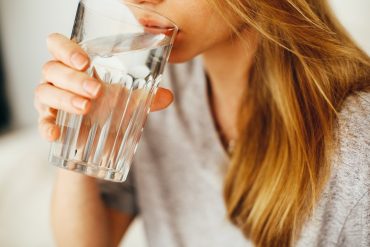
The importance of increased water intake cannot be emphasized enough to prevent kidney stones.
2. Avoid high intake of sugars:
Increased sugar intake will lead to an acidic medium of the urine causing the kidney stones to precipitate. Keeping the urine alkaline with remedies like cranberry juice will prevent kidney stones
3. Normal intake of Citrate:
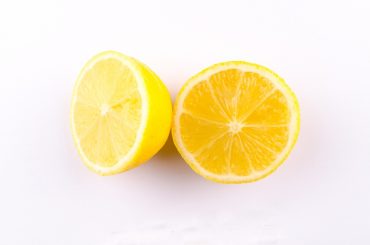
Juices of orange, grapefruit, and lemonade in moderate amounts will lead to the prevention of kidney stones. Citrate does this by binding with calcium thereby leaving less calcium available to bind with oxalate to form calcium oxalate stones.
4. Increase Calcium intake:
Increasing Calcium intake will cause it to bind with the oxalate in the intestines. This will prevent absorption of oxalate into the blood and thus its amount excreted in the urine. This will leave less oxalate to form kidney stones.
Take home lesson: Stay hydrated this summer!

